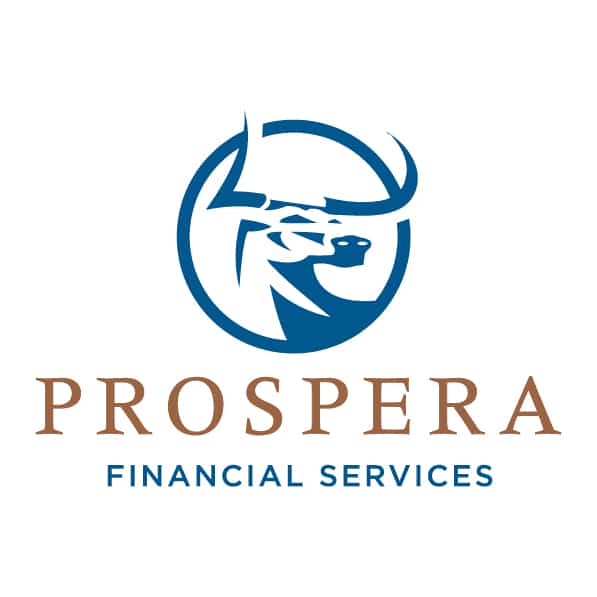
FROM THE BLOG
The Human Side of Compliance: Building Ethical Reflexes in Daily Work
Posted by Prospera Financial on June 10, 2025
Have you ever made a split-second decision at work and only afterward wondered if it was the right one? You’re not alone. Every day, employees and financial advisors face choices, some big, many small, that test their judgment. In most cases, these decisions aren’t about memorizing rules or checking boxes. They’re about doing what’s right, often when no one’s watching.
That’s the human side of compliance. It’s not just about policies and audits, it’s about behavior. And behavior, over time, becomes culture. In this blog, I want to talk about how we can build what I call ethical reflexes: the ability to instinctively make choices that reflect our values, our obligations to clients, and our responsibilities as stewards of the financial system.
It’s tempting to think of compliance as a checklist or as something handled by a specific department. But the reality is, compliance is everyone’s job. Policies guide us, but they can’t cover every scenario.
Let’s say an advisor sees a potential red flag on a client application. There’s no clear directive in the handbook, but their gut says something isn’t right. The decision to pause, ask questions, or escalate? That’s not just policy, it’s ethics in action.
In the financial world, a single ethical misstep, even if technically compliant, can spiral into reputational damage or regulatory scrutiny. Strong ethics help fill the gray areas that rules can’t always reach.
Ethical reflexes are those near-automatic decisions we make under pressure, when time is short and guidance is ambiguous. Think of them like muscle memory, habits built through consistent practice.
When advisors or employees regularly ask themselves, “Is this in the client’s best interest?” or “Would I be comfortable explaining this decision to a regulator or a client?” they’re flexing that ethical muscle. Over time, these questions become second nature.
How to Build Ethical Reflexes in Daily Work
Speak Up Culture: Encourage everyone, from junior staff to senior advisors, to voice concerns. A healthy compliance culture depends on open dialogue and psychological safety.
Micro Decisions Matter: Everyday actions, like how we document notes, handle private client information, or manage conflicts of interest, shape the ethical landscape. Small shortcuts can lead to large risks.
Training That Resonates: Forget checkbox compliance courses. The most effective training uses real-life scenarios, discussion, and reflection. It should make people think, not just click.
Leadership by Example: Compliance and ethics start at the top. Leaders should model transparency, admit mistakes, and celebrate doing the right thing, even when it’s inconvenient.
Peer Accountability: Empower teams to hold each other to high standards. When ethical behavior is the norm, it becomes contagious.
Practical Tools for Ethical Decision Making
The Headline Test: Would I be okay if this decision appeared on the front page of the news?
The Client Lens: Does this choice serve the client’s best interest, objectively and transparently?
Ethical Pause Button: When in doubt, slow down and talk it through. Use your compliance team as a resource, not a last resort.
Take a moment today to reflect on a recent decision you made. Did ethics play a role? Could it have?
As compliance professionals, financial advisors, and team members, our greatest strength isn’t just our knowledge of the rules, it’s our commitment to doing the right thing. By building ethical reflexes, we ensure that when the moment comes to act, our instincts will lead us toward integrity, not just compliance.
Let’s keep doing the right thing, even when it’s hard. Especially when it’s hard.
Until next time,
Shawn Baxter, CAMS, IACCP®
Chief Compliance Officer

